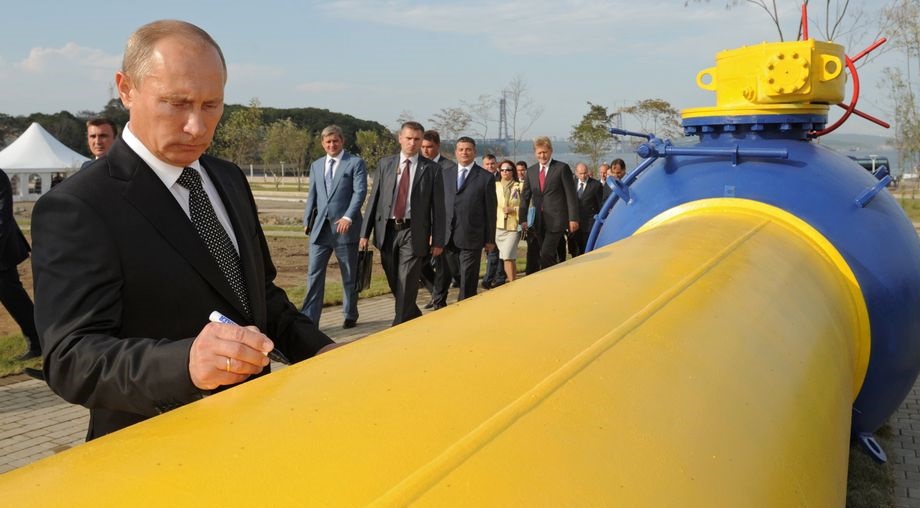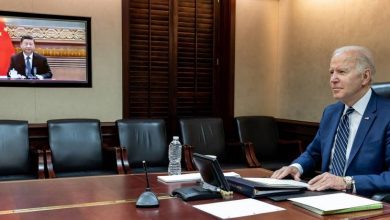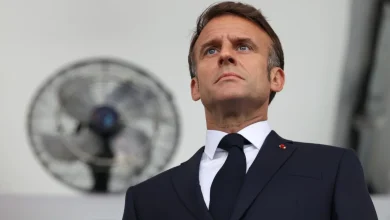
Moscow will not immediately demand that its gas exports be paid for in rubles. Rather, there is a gradual change, according to the Kremlin. But the announcement was accompanied by a threat.
Russia will not immediately demand that other countries pay for its gas exports in rubles, the Kremlin said on Wednesday. He promised a gradual switch and said Russia should work on an idea to expand the list of its exports that must be paid for in rubles.
President Vladimir Putin has instructed the Russian government to develop a plan to switch gas payments to rubles starting next month. The buyer countries therefore had to expect that Russia would insist on this from April 1st.
On Thursday, the government, the central bank and the gas company Gazprom are to present their proposals for the changeover. When asked whether it was necessary to pay in rubles on Thursday, Kremlin spokesman Dmitry Peskov said: “Absolutely no.” Payment and delivery are time-consuming processes, he explained.
Will more commodities soon be settled in rubles?
However, there is little reason to take these statements as accommodations. Parliament leader Vyacheslav Volodin warned the European Union that if it wanted Russian natural gas, it would have to pay in rubles. Exports of oil, grain, metals, fertilizers, coal and timber could also soon be paid for in the same way. Peskow commented on these statements: “This is an idea that should definitely be worked on.”
The G7 countries refuse to pay for energy supplies exclusively in rubles and not in euros or dollars. Germany’s Economics Minister Robert Habeck rejected this after a meeting with the energy ministers of the G7 countries on Monday. A Russian government spokesman said immediately that deliveries would then be stopped. It is unclear whether Moscow will carry out this threat.
However, the Federal Minister of Economics has decided to use the early warning level of the gas emergency plan to create every opportunity to prepare for such a development. He activated the early warning stage this Wednesday.
According to Habeck, Germany must be prepared “in the event of an escalation on the part of Russia”. Therefore, the precautionary measures are necessary, even if there are currently no bottlenecks in the gas supply. This Wednesday, “after consultation within the federal government,” he informed the European Commission that “the federal government has declared the first stage of the gas emergency plan, the so-called early warning stage.” Germany will “not accept any breach of the supply contracts”. As such, the G7 classify Moscow’s announcement.



